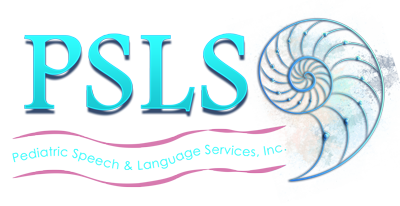References
Practice Portal, A. S. H. A. (n.d.). Central Auditory Processing Disorder. ASHA . Retrieved March 28, 2022, from https://www.asha.org/practice-portal/clinical-topics/central-auditory-processing-disorder/
Riegner, T. L., & Inverso, D. (2021). Auditory Processing Disorder. Kids Health. Retrieved March 28, 2022, from https://kidshealth.org/en/parents/central-auditory.html
